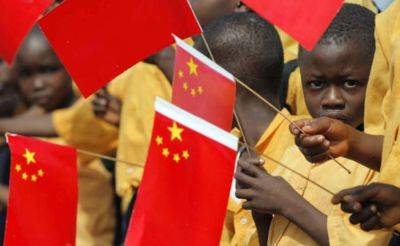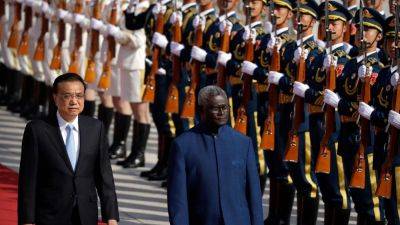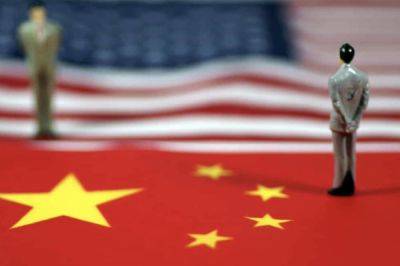Why the Year of the Dragon doesn't bode well for China’s declining population
The Chinese Year of the Dragon is widely perceived in Asia-Pacific to be an auspicious year to have a baby — but it hasn't meant well for the country's declining population.
"Dragon babies" are expected to be successful in their careers and bring blessings to the family, according to Jacelyn Phang, feng shui master at Yuan Zhong Siu. In this zodiac cycle, those born between Feb.10, 2024 and Jan. 28, 2025 will be classified as "Dragon babies."
"People aspire to have their babies born in the dragon year believing that children will inherit extraordinary leadership traits and be able to gather influential power and achieve great personal success," Phang told CNBC.
While people in China also hold these beliefs, birth rates in the country have actually fallen during the "Dragon Years."
Compared with the preceding years in the zodiac calendar, birth rates in China fell by more than 4% during 1988 and 2000, and by 9% in 2012, according to the country's statistics bureau. Birth rates refer to the number of babies born in a year per 1,000 people.
Contrastingly, "There has been a discernible spike in birth rates in the past [dragon years] in other parts of Asia," Erica Tay, director of macro research at Maybank said.
For instance, Singapore's birth rates rose by 21% in 1988, and 8% in 2000 and 2012.
Asian folklore, however, may not be able to do much for China's falling birth rates, which could continue to drop "quite precipitously," Tay warned. China's birth rates have seen a secular decline, falling to 6.39% in 2023 from 22.37% in 1988.
China is unlikely to experience a distinct boost in births this year, largely due to the country's high youth unemployment and economic turmoil, according to Tianchen Xu, senior economist on China at







